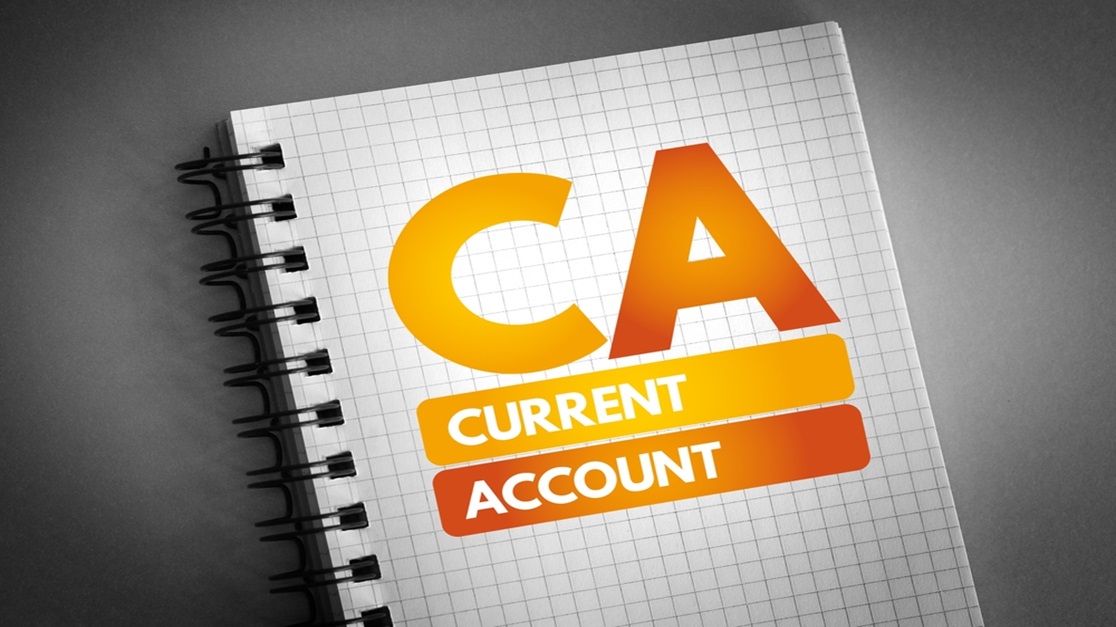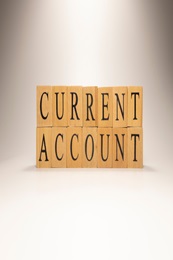Why Every Business Needs a Current Account
April 15, 2025

In today’s fast-paced business world, having a current account isn’t just a good idea—it’s a necessity. Whether you run a small business or a large company, a current account helps you manage your finances smoothly and professionally.
What Is a Current Account?
A current account is a type of bank account designed specifically for businesses. Unlike savings accounts, which are meant for personal use, current accounts are made for frequent transactions. They offer features that cater to the needs of businesses, like unlimited deposits and withdrawals, overdraft facilities, and easy tracking of payments. That said, can you use a current account for personal transactions? Read more here.
Why Does Your Business Need One?
1. Manage High Transaction Volumes
Businesses often deal with multiple transactions daily—paying suppliers, receiving payments, and covering expenses. A current account handles this easily, without limits on how much money you can deposit or withdraw.
2. Access to Overdraft Facilities
Sometimes businesses face cash crunches. A current account’s overdraft facility can be a lifesaver, giving you access to extra funds when needed without waiting for a loan to be approved.
3. Keep Personal and Business Finances Separate
Mixing personal and business finances can lead to confusion, especially during tax season. A current account helps you keep everything organized and clear.
4. Makes Tax Compliance Easier
With a current account, you get detailed transaction records that simplify filing taxes and complying with GST and other regulations.
5. Build Credibility
Having a business account shows professionalism. Clients and vendors are more likely to trust payments made from a business account rather than a personal one.
6. Digital Banking Features
Digital Current Account offers online banking facilities, making it easy to handle bulk payments, international transfers, and real-time account tracking—ideal for businesses in today’s digital-first world.
Benefits of a Current Account Beyond Banking
A current account isn’t just about transactions. It’s about making your business look and operate professionally. Many banks offer extra perks like feature-rich Debit Cards, merchant services, and dedicated customer support for current account holders.
You can explore different types of current accounts and select the one that suits your business requirements.
Final Thoughts
A current account isn’t just a financial tool; it’s a key part of running a successful business. It helps you manage your money better, maintain credibility, and focus on growing your business. If you don’t already have one, now’s the time to consider it.
Simplify your business transactions with Current Account. Open a Current Account with Ujjivan Small Finance Bank and enjoy multiple benefits.
FAQs
1. What is a current account, and how is it different from a savings account?
A current account is meant for businesses and supports unlimited transactions. A savings account is for personal use and often limits transactions to encourage saving.
2. Is a current account mandatory for businesses?
While it’s not legally required, a current account makes managing business finances easier and more professional.
3. Are there fees for maintaining a current account?
Yes, most banks charge fees for services like cheque books, account maintenance, and cash handling. These fees vary by bank and account type. Contact Ujjivan to know current Account fees and charges.
4. Do current accounts offer interest on balances?
No, current accounts don’t pay interest. They’re designed for transactions, not saving money.
5. What documents are needed to open a current account?
You usually need identity proof, address proof, business registration documents, and a PAN card. Requirements can vary based on your business type.
6. Can startups open a current account?
Yes, startups can open current accounts. Some banks even offer special accounts for startups with minimal documentation requirements.
7. Is there a transaction limit in a current account?
Current accounts generally allow unlimited transactions, making them ideal for businesses with high transaction volumes. That said, there could be a limit based on the current account you’re opting for.
8. How does a current account help with taxes?
It keeps business transactions separate from personal ones, making it easier to file taxes and comply with GST and other regulations.
9. Does having a current account improve my chances of getting a business loan?
Yes, maintaining a current account with a bank builds trust and can make it easier to access credit or loans.
10. Can I use a current account for online payments?
Absolutely. Most current accounts can be linked to digital payment platforms, making it simple to handle online and e-commerce transactions.
Latest Blogs

Telangana Housing Board & KPHB Colony: A Guide to Affordable Urban Housing in Hyderabad
March 14, 2025
As Telangana continues its rapid urbanisation journey, two key housing entities—Telangana Housing Board (THB) and Kukatpally Housing Board Colony (KPHB)—have played critical roles in shaping the state's real estate ecosystem.

Does Checking CIBIL Score Frequently Lower Your Credit Points?
April 07, 2025
Imagine you're planning to apply for a home loan, a credit card, or even a car loan. Naturally, you want to ensure your CIBIL score is in good shape before proceeding.

Explained: Can NRIs Buy an Agricultural Land in India?
April 03, 2025
Real estate investment is often a top priority for Non-Resident Indians (NRIs) looking to retain strong financial ties to India.

How to Improve Your CIBIL Score from 600 to 750: A Step-by-Step Guide
April 02, 2025
Your CIBIL score is like your financial reputation—banks check it before approving loans or credit cards. If your score is hovering around 600, you might face difficulties in securing credit or may get loans with higher interest rates.

What Happens When You Leave Your Savings Account Unused?
April 01, 2025
Imagine waking up one day to find that your hard-earned money is locked away and inaccessible. Sounds stressful, right? This is precisely what happens when you leave your Savings Account inactive for too long.





